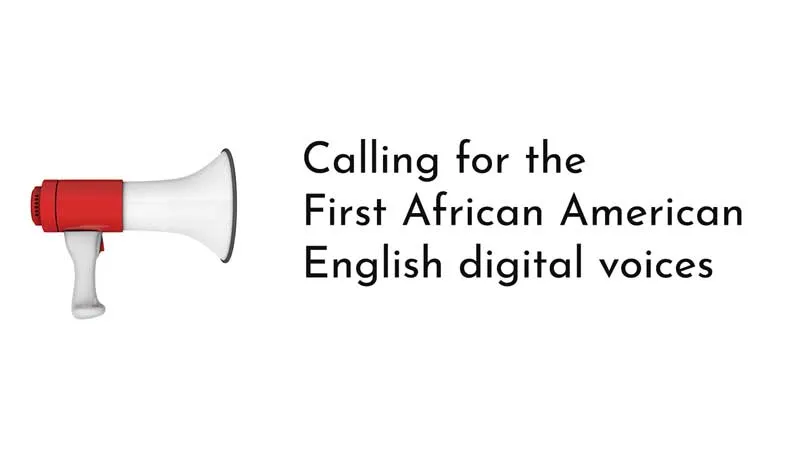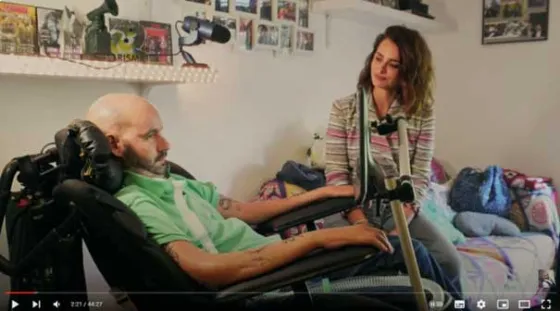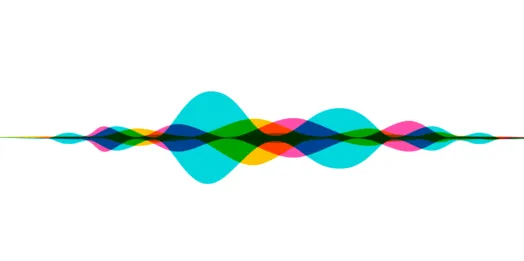
Key players from the AAC industry are joining their expertise to better represent diversity.

At Acapela Group, we are taking diversity to heart. It is a constant topic for us as we have been actively working for decades on inclusivity, aiming to provide a digital voice for ALL and everyone, regardless of their disability.
As a voice technology player, we aim to provide diversity in the voice options that are available to individuals who use AAC (Augmentative and Alternative Communication). Together with our partners in AAC, we acknowledge that the solutions we provide should reflect more options for the individuals who use them.
“We are proud to announce that together with AssistiveWare, PRC-Saltillo and Tobii Dynavox, we have decided to take tangible steps in making changes and to initiate the first African American English digital voices (AAE). We are joining our forces to develop a set of synthetic voices that embody this diversity. We have committed to producing 2 adult and 2 child voices (male and female) in this family and ensuring they are available on multiple AAC platforms, within the next 12 months” comments Nicolas Mazars, Inclusive Product Owner at Acapela Group.
Acapela’s voice offering already covers over 30 languages and 200 voices including dialects and regional accents. Recent progress in technology through Deep Neural Networks and Neural text to speech are paving the way for new opportunities to create digital voices that reflect diversity and that provide users of all countries and communities a voice. We will put the latest technological progress at the service of diversity.
To start with, we need to listen to you.
We are creating the voices of individuals who use our partner’s AAC apps and devices. Among the important lessons learned through this period of social change, one is that we need to listen to those who are directly impacted. This is why we are asking for your input. Please help us select the accent to use as a model for creating the first African American English speech synthesizer.
The process of creating a synthetic voice is based on the recordings of a real person. The synthetic voice will reproduce her/his characteristics: accent, intonation, phrasing, and phonological specificities. Like all English dialects, AAE is spoken with numerous accents, or regional variants. These accents are typically identified by a geographic region, e.g. New York vs. Chicago. The choice of speaker to be recorded is therefore an important step to create a voice with which you and your clients will identify.
Please feel free to share your ideas and comments with us. We definitely need your input to create voices that will be great for you but that will also embody the voice of a larger audience.
While Acapela Group will work on the creation of the digital voices, we will rely on our partners to spread the word about this initiative, listen to you and collect the feedback on the ground. You will find the email addresses here below.
We will keep you informed shortly on the progress of this project that means a lot to us.
Contact the AAE initiative partners:
AssistiveWare – Email to David Niemeijer – voices@assistiveware.com
PRC – Saltillo– Email to Dave Hershberger – voices@prc-saltillo.com
Tobii Dynavox – Email to Bob Cunningham – bob.cunningham@tobiidynavox.com
Latest news

Digital custom voice created by Acapela Group will guide London Underground passengers on the Piccadilly line

Cześć, koleżanki i koledzy!: New Polish AI Voices for Children with Innovative “Voice Smiling” capability.

Red Carpet Against ALS: Spanish YouTuber Jordi Sabaté Interviews Penelope Cruz


